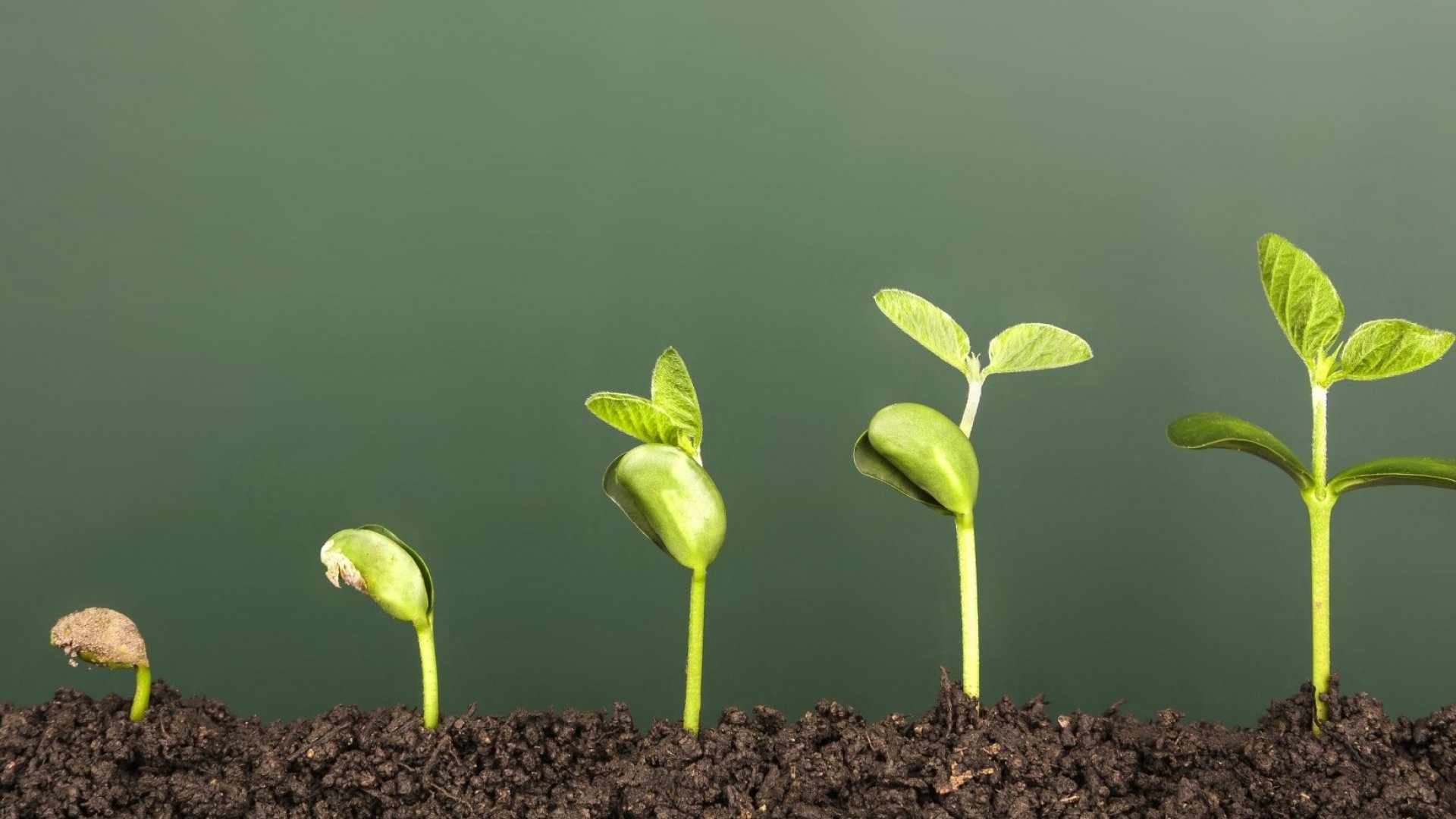This past year, I started pursuing a second master’s degree in Jewish education from Hebrew Union College (HUC). As I write this article, I am looking forward to spending Sunday-Thursday in Los Angeles at one of our intensives. Aside from the incredible colleagues who have become like family to me, these courses have challenged and shaped the philosophies and understandings that we have been implementing into our J-Quest program.
One of our assignments was to watch a Ted Talk of Dr. Carol Dweck entitled, “The Power of Yet.” In this video, she talks about having a “Growth Mindset.” The concept of a growth mindset emphasizes the belief that abilities and intelligence can be developed through effort, learning, and perseverance. As I reflect on her talk and think about this week’s Torah portion, B’reishit, I find a lot of relevant connections.
In this week’s portion, we are reminded of the importance of growth and learning. The story of creation reflects a process of development, as God creates the world over six days, with each stage building upon the last. This gradual unfolding teaches us that meaningful progress takes time, much like the concept of a growth mindset— which states that the belief that abilities and intelligence can be developed through effort and perseverance.
Our portion states that we are all created “in the image of God” (Genesis 1:27), with the potential for growth and self-improvement. Take Adam and Eve for example. Even after their mistake in the Garden of Eden, the possibility of growth remains. Their story, like many others in the Torah, demonstrates that setbacks are not endpoints but opportunities for learning, a central tenet of a growth mindset.
Adam’s naming of the animals also reflects this process of intellectual development. By engaging with the world around him, Adam demonstrates how curiosity and problem-solving are key to mastering new challenges. Moreover, in the aftermath of Cain’s mistake, the Torah introduces the concept of teshuva, the opportunity for repentance and self-correction, reminding us that even after failure, growth is always possible.
As we reflect on B’reishit, we can take inspiration for our own lives and our children’s education. Just as creation unfolded gradually, so too does learning and growth. Mistakes and challenges are part of the process, and like the figures in the Torah, we are all capable of learning from our experiences and striving for improvement. At Temple Jeremiah, may we continue to foster this growth mindset in our community, seeing every setback as an opportunity to learn, grow, and thrive.
Lastly, reading the first portion of the Torah this week, it would not be fair to tell you to ignore past connections or memories that you may have had with the Torah. Some of you may love finding the meaning behind the texts, others may have read verses that made you question everything you know about Judaism. In our lives, every year we learn, and we grow, and that growth affects our connections and perspectives with the texts. Rather than challenging you to put those perspectives behind you, my challenge for you in this coming year is to think hard about the meaning and perspectives of each Torah portion and whether or not you can relate and find meaning. Either way, know that our clergy and staff are here to have those difficult conversations! As we start over with B’reishit, I wish all of you a year of blessings and meaningful connection.
Shabbat Shalom,
Matt Rissien

